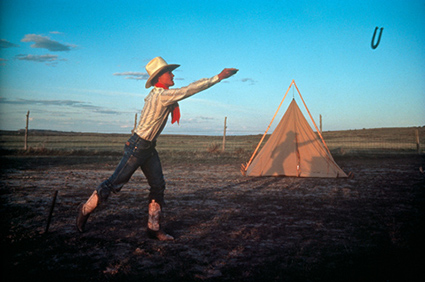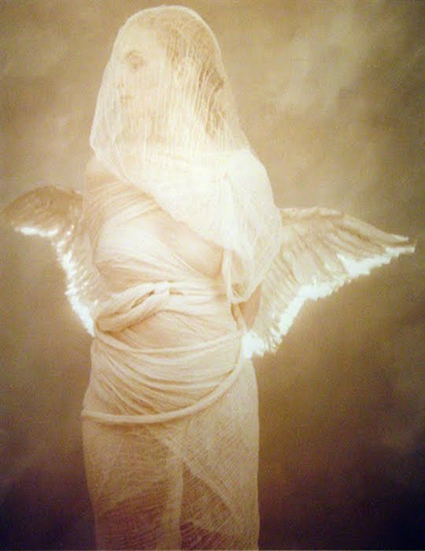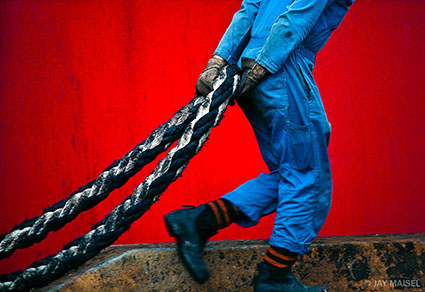21 Quotes By Photographer Harry Callahan
Here’s a collection of my favorite photographs by photographer Harry Callahan.
“I think I came alive when I started photography.” – Harry Callahan
“To be a photographer, one must photograph. No amount of book learning, no checklist of seminars attended, can substitute for the simple act of making pictures.” – Harry Callahan
“You only do exercises in art school. That’s not the real thing. A little bit tells you so much. You have to find your own self. And you don’t know what you are! But that’s what you have to search for.” – Harry Callahan
“Every time I talked about making a picture I didn’t do it. I had already done it – talking about it! I quit talking.” – Harry Callahan
“I photograph continuously, often without a good idea or strong feelings. During this time the photos are nearly all poor but I believe they develop my seeing and help later on in other photos.” – Harry Callahan
“I guess I’ve shot about 40,000 negatives and of these I have about 800 pictures I like.” – Harry Callahan
“In terms of art, the only real answer that I know of is to do it. If you don’t do it, you don’t know what might happen.” – Harry Callahan
“Experience is the best teacher of all. And for that, there are no guarantees that one will become an artist. Only the journey matters …” – Harry Callahan
“It’s the subject matter that counts. I’m interested in revealing the subject in a new way to intensify it. A photo is able to capture a moment that people can’t always see.” – Harry Callahan
“Photography is an adventure just as life is an adventure.” – Harry Callahan
“I wish more people felt that photography was an adventure the same as life itself and felt that their individual feelings were worth expressing. To me, that makes photography more exciting.” – Harry Callahan
“If man wishes to express himself photographically, he must understand, surely to a certain extent, his relationship to life. I am interested in relating the problems that affect me to some set of values that I am trying to discover and establish as being my life. I want to discover and establish them through photography. This is strictly my affair and does not explain these pictures by any means. Anyone else not having the desire to take them would realize that I must have felt this was purely personal. This reason, whether it be good or bad, is the only reason I can give for these photographs.” – Harry Callahan
“The photographs that excite me are photographs that say something in a new manner; not for the sake of being different, but ones that are different because the individual is different and the individual expresses himself.” – Harry Callahan
“I realize that we all do express ourselves, but those who express that which is always being done are those whose thinking is almost in every way in accord with everyone else. Expression on this basis has become dull to those who wish to think for themselves.” – Harry Callahan
“The mystery isn’t in the technique, it’s in each of us.” – Harry Callahan
“I can tell you for me it goes on forever. There are some things you can’t ever find out. You can’t find out in one life either.” – Harry Callahan
“I think nearly every artist continually wants to reach the edge of nothingness – the point where you can’t go any further.” – Harry Callahan
“I can’t say what makes a picture. I can’t say. It’s mysterious.” – Harry Callahan
“A picture is like a prayer.” – Harry Callahan
“I do believe strongly in photography and hope by following it intuitively that when the photographs are looked at they will touch the spirit in people.” – Harry Callahan
“I like the simple things. I don’t know why. I’m that way. I came from a simple place.” – Harry Callahan
Read my conversation with photographer Harry Callahan here.
Find more quotes in The Essential List Of Photographers Quotes.




